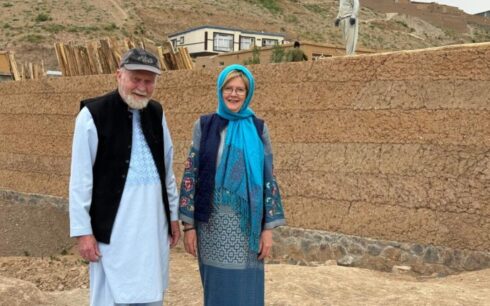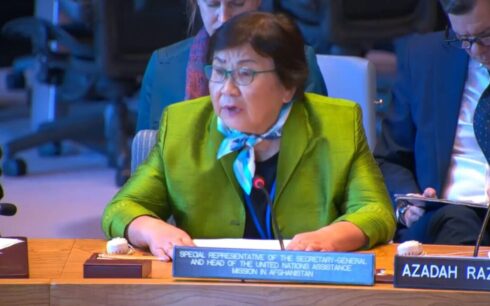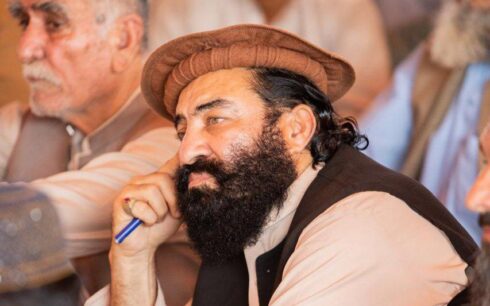The UK government on Monday reiterated calls to the Taliban to reopen schools, let girls learn, let women work, and end the violence and discrimination against women and girls.
Addressing a large gathering of country representatives at the UN Human Rights Council session in Geneva, the British government’s representative Simon Manley said the Taliban’s move to close schools for girls has been “two years of lost schooling, lost opportunities.”
“To the girls of Afghanistan: I know that many of you are here (in Geneva) today or listening online and we stand with you,” he said.
Since their takeover in August 2021, the Taliban have continued their campaign of repression and violence against Afghan women and girls, Manley said adding that due to the Taliban’s restrictions on female workers in the humanitarian aid and development sector, NGOs are unable to provide life-saving support to women and girls in their own country.
“This is taking place at a time when over 28 million Afghans are in need of humanitarian aid, more than half of whom are women and children. These decisions have life-threatening consequences,” he said.
“So let me repeat our call to the Taliban: Re-open the schools. Let girls learn. Let women work. End the violence and discrimination against women and girls,” he stated.
The speakers at the session of Monday, representing over 60 countries and dozens of organizations, called on the international community to redouble its efforts to support and empower the Afghan people.
Another speaker was Nada Al-Nashif, United Nations Deputy High Commissioner for Human Rights, who said the backlash against women and girls’ rights since the Taliban took power in 2021 had been “profound and all-encompassing”.
Al-Nashif expressed the Office of the High Commissioner’s deep concerns about the discriminatory and restrictive environment and the climate of fear in which women and girls lived in Afghanistan. “Extreme discrimination and violence against women and girls should not be accepted, let alone normalized, anywhere,” she said.
Dorothy Estrada-Tanck, Chair of the Working Group on discrimination against women and girls, also spoke and said in turn that oppression, poverty and uncertainty were placing extreme pressures on women and their families in Afghanistan.
She noted that declining mental health was a serious concern of every woman and gender-related killings were occurring in women’s and girls’ own homes, in public spaces and in detention facilities.
“Women and girls had no recourse or legal protection, while discrimination and violence were being legitimized by the de facto authorities. Blatant forms of gender-based discrimination were perpetrated with total impunity, without any regard for women’s rights, safety or autonomy,” she said.
The speakers expressed alarm about the increasingly dire human rights situation of women and girls in Afghanistan, and said the use of cruel, inhuman and degrading punishments, like stoning, flogging and burying under a wall, was deeply concerning, and violated Afghanistan’s obligations under international law.
Since the Taliban’s takeover of the country, women have been barred from higher education, the justice system, and from working for international organizations and non-governmental organizations. Schools for girls above Grade 6 have also been closed, which has put girls at further risk of domestic violence and exploitation, including child labour and child marriage.





